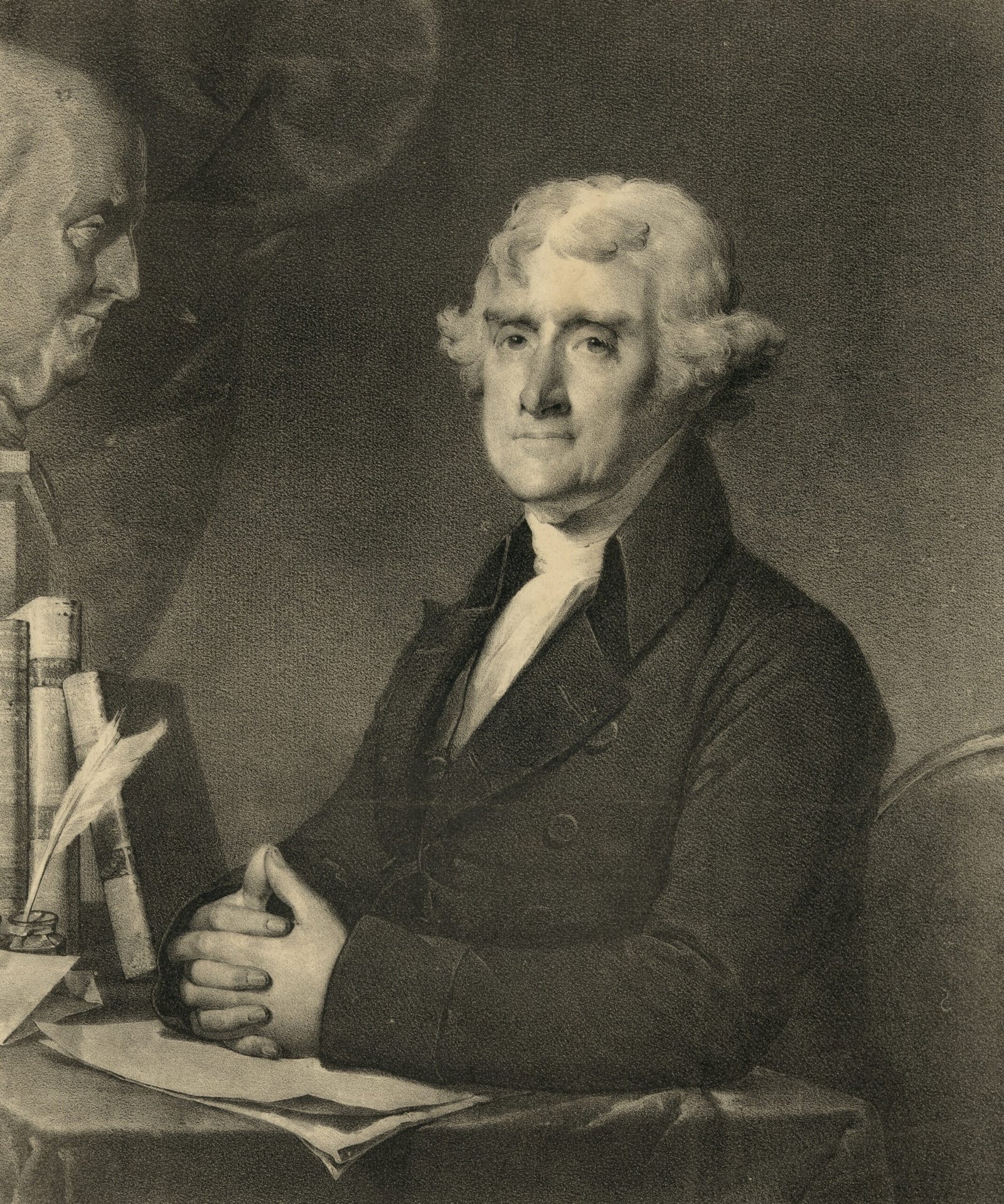Overview of Current Tensions
The political landscape between Iran and Israel has been characterized by a complex web of historical tensions that span several decades. Rooted in ideological differences, geopolitical ambitions, and security concerns, these relations continue to shape the mood and atmosphere within both nations. Key events in their tumultuous history include the 1979 Iranian Revolution, which established a theocratic regime openly hostile toward Israel, and the ongoing disputes over nuclear proliferation, as Tehran’s nuclear aspirations have consistently raised alarms in Jerusalem and beyond.
In the past 24 hours, a series of incidents have occurred that further illustrate the fragility of this relationship. Following a recent exchange of military strikes attributed to Iranian-backed groups in Syria, Israeli officials have reiterated their commitment to security measures aimed at countering Iranian influence in the region. Notably, statements from Israeli Prime Minister Benjamin Netanyahu have underscored the urgency of thwarting Iranian entrenchment in neighboring countries. Conversely, Iranian leaders have characterized these actions as acts of aggression, vowing a resolute response to defend their national sovereignty.
The sentiments expressed by political leaders and security experts provide crucial context for understanding the current atmosphere. Analysts from both nations have warned that the escalating tensions surrounding military operations and rhetoric may herald a broader conflict, with ramifications reaching far beyond the two countries. Additionally, the involvement of regional players and global powers complicates the situation, as alliances shift and external interests influence local dynamics.
As these events unfold, the mood in both Iran and Israel is marked by heightened alertness and an expectation of potential military escalation. The historical backdrop informs the present scenario, making it imperative to monitor developments closely as they hold significant implications for regional stability.
Iran’s Political and Public Sentiment
Over the past 24 hours, the political mood within Iran has been marked by heightened tensions, as the government has responded to recent events involving Israel with a mixture of military preparedness and assertive rhetoric. Official statements from Iranian leaders have emphasized a strong condemnation of Israeli actions, asserting that any aggression would not go unanswered. The Iranian military’s readiness has been showcased through numerous drills, aimed at demonstrating strength and resilience in the face of perceived external threats.
In tandem with governmental stances, public sentiment in Iran reflects a complex array of emotions towards Israel and its policies. Social media platforms have become active venues for Iranian citizens to express their views. Hashtags related to Israel’s recent activities have been trending, revealing a mixture of outrage, solidarity, and national pride. Videos and images from protests where citizens have gathered to voice their opposition to Israeli actions further illustrate this sentiment. These public gatherings, marked by chants against Israel and calls for unity against external influences, highlight a pronounced collective mood among many Iranians.
The cultural context in which these sentiments emerge plays a crucial role. Historical grievances, ideological convictions, and national identity contribute to a pervasive atmosphere of distrust towards Israel. This deeply rooted sentiment is often amplified in times of conflict, leading to a resurgence of nationalist rhetoric. In this environment, government narratives are not only accepted but also reinforced by public discourse, as citizens seek to align themselves with national interests. Overall, the current mood in Iran encapsulates a blend of political assertiveness and public outrage directed towards Israel, reflecting the broader geopolitical dynamics that continue to shape the region.
Israel’s Response and Emotional Climate
In the last 24 hours, Israel’s political landscape has been shaped significantly by developments concerning Iran. The governing coalition has engaged in a series of discussions aimed at evaluating the potential implications of Iran’s recent actions on national security. High-ranking officials have emphasized the necessity for heightened military readiness, indicating that any perceived threat from Iran will be met with a proportional response. The discourse within the government has highlighted an overarching narrative of vigilance, reflecting Israel’s commitment to safeguarding its interests amidst regional tensions.
Public sentiment appears to resonate closely with the government’s position. Recent opinion polls demonstrate that a substantial majority of Israeli citizens express concerns about the actions taken by Iran, particularly in light of the potential for escalated conflict. The prevailing mood shifts between apprehension and the sense of urgency for defensive measures, highlighting a collective anxiety among the populace. Such opinions underscore the critical need for the government to navigate these developments judiciously while maintaining public confidence.
Moreover, reactions from Israeli politicians and analysts reveal a bipartisan understanding of the seriousness of the situation. Prominent figures have taken to media platforms to articulate their perspectives, contributing to a robust discourse regarding the implications of Iran’s maneuvers on Israel’s strategic standing. This ongoing dialogue in the media not only reflects the emotional climate but also shapes public opinion, reinforcing the narrative of resilience and readiness against perceived threats from Iran.
The atmosphere in Israel is further influenced by extensive media coverage, which consistently frames these developments within the context of national security. As discussions evolve around military preparedness and diplomatic strategies, the country’s emotional climate remains intertwined with the pressing reality of its geopolitical environment. This connection between government action and public sentiment plays a crucial role in determining Israel’s response to Iranian activities and shaping the nation’s overall emotional landscape.
Implications for Future Relations
Recent shifts in the political atmosphere between Iran and Israel undoubtedly hold significant implications for their future relations. Over the last 24 hours, developments have indicated a potential recalibration of diplomatic engagement, influencing not only bilateral relations but also the broader geopolitical landscape. As tensions fluctuate, experts suggest that catalytic events can alter the trajectory of international negotiations and security collaborations.
The atmosphere in Iran appears to be one of cautious optimism as some officials have signaled willingness to engage in dialogue. This pivot may create opportunities for renewed diplomatic efforts aimed at addressing long-standing grievances, particularly regarding Iran’s nuclear activities and regional interventions. Conversely, in Israel, a heightened state of alert exists, as recent provocations from Iran could amplify calls for a more aggressive security posture. The interplay between these evolving sentiments may lead Israeli policymakers to reassess their strategic alliances and the potential for tactical operations.
Additionally, insights from foreign policy analysts indicate that Iran’s and Israel’s positions on international platforms will require careful navigation post-event. International negotiations could be influenced by these mood shifts, with global powers like the United States and Russia closely monitoring the developments in both nations. If Iran continues down a path of tentative engagement—possibly seen through meetings at international forums—a more stable environment could emerge, allowing for dialogue on pressing security concerns.
However, any missteps in communication or unexpected escalations could just as easily derail such progress. Analysts warn that without sustained willingness for compromise from both sides, including addressing historical enmities and security apprehensions, the potential for peace remains tenuous.




Please tell me more about your excellent articles